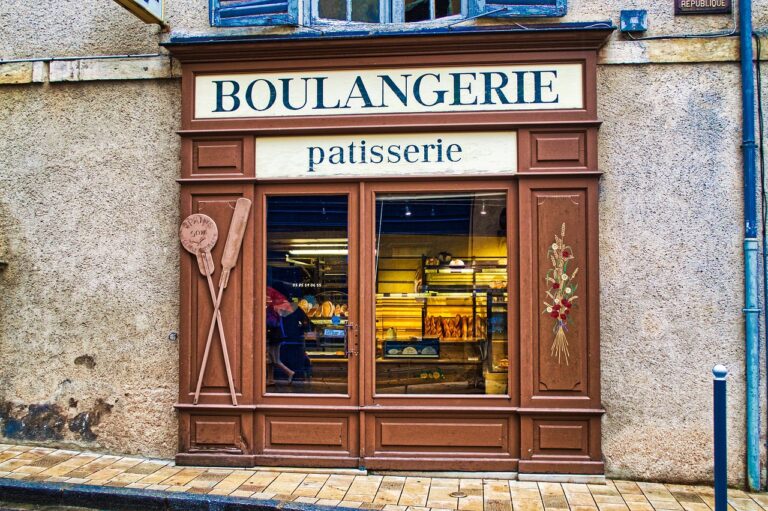The Psychology of Luxury Brand Loyalty: Understanding Affluent Consumers
Luxury brand loyalty is often influenced by psychological factors that play a crucial role in consumer behavior. One such factor is the emotional connection that individuals establish with a luxury brand. This emotional attachment can stem from various sources, such as nostalgia, personal experiences, or the brand’s marketing strategies. Consumers who feel emotionally connected to a luxury brand are more likely to remain loyal to it and continue purchasing its products.
Another significant psychological factor that impacts luxury brand loyalty is the perceived prestige and status associated with the brand. Consumers may choose to remain loyal to a luxury brand because it enhances their self-image and social status. The desire to be associated with a prestigious brand can drive individuals to continue purchasing its products, even when other options are available. Ultimately, these psychological factors play a vital role in shaping consumer loyalty towards luxury brands.
Emotional Attachment to Luxury Brands
Luxury brands hold a certain allure that transcends the mere functionality of their products. Consumers often develop a deep emotional connection to these brands, forming a bond that goes beyond surface-level desires. This emotional attachment stems from various factors, such as the brand’s heritage, reputation, and the way it aligns with the consumer’s self-image and personal values.
This emotional bond can lead to a sense of loyalty and commitment towards the luxury brand. Customers who feel emotionally connected to a brand are more likely to repeatedly choose that brand over others, even when faced with similar alternatives. The feeling of attachment creates a sense of trust and comfort, making the brand a reliable choice that resonates with the consumer on a deeper level.
Perceived Prestige and Status Associated with Luxury Brands
Luxury brands often hold a strong allure due to the perceived prestige and status they offer to consumers. The association of these brands with exclusivity and high social standing plays a significant role in driving consumer loyalty and attachment. Individuals may develop a sense of belonging or superiority by aligning themselves with luxury brands that symbolize wealth and success.
The perceived prestige and status associated with luxury brands can also act as a form of self-expression for consumers. By choosing to purchase and use products from these brands, individuals communicate their desired image to others. This can result in feelings of validation and recognition, reinforcing the bond between the consumer and the brand. In essence, the symbolic value of luxury brands in society goes beyond the tangible product itself, tapping into deeper emotional and psychological needs for recognition and belonging.
What are some psychological factors that influence luxury brand loyalty?
Some psychological factors that influence luxury brand loyalty include social status, self-esteem, and the desire for exclusivity.
Why do consumers develop emotional attachment to luxury brands?
Consumers develop emotional attachment to luxury brands because of the perceived quality, craftsmanship, and status associated with these brands.
How does perceived prestige and status play a role in luxury brand consumption?
Perceived prestige and status play a significant role in luxury brand consumption as consumers often purchase these brands to signal their social status and wealth.
Can luxury brands enhance an individual’s self-esteem?
Yes, luxury brands can enhance an individual’s self-esteem by allowing them to feel a sense of exclusivity and belonging to a certain social group.
Are luxury brands only purchased for their quality and functionality?
No, luxury brands are often purchased for reasons beyond quality and functionality, such as social status, prestige, and the emotional connection that consumers have with the brand.







